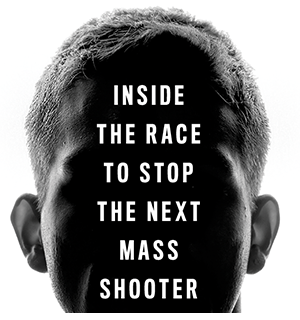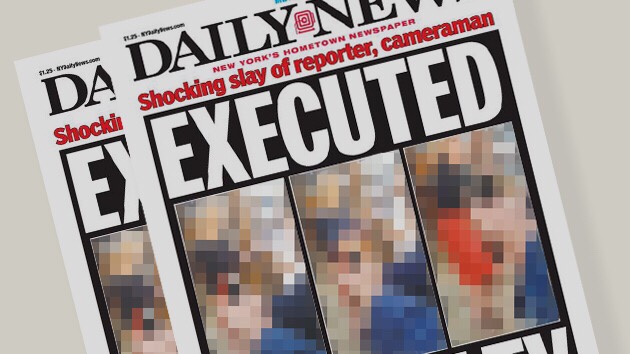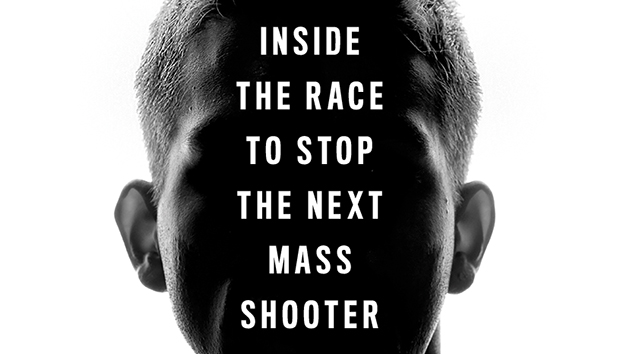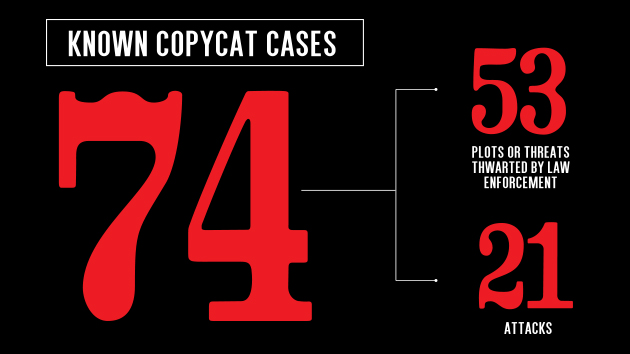A Washington Post-ABC News poll on gun violence published Monday included a stark finding: “By a more than 2-to-1 margin, more people say mass shootings reflect problems identifying and treating people with mental health problems rather than inadequate gun control laws.” Sixty-three percent of respondents blamed a deficient mental health care system as the prime reason for America’s incessant gun massacres, while 23 percent pointed to weak gun regulations.
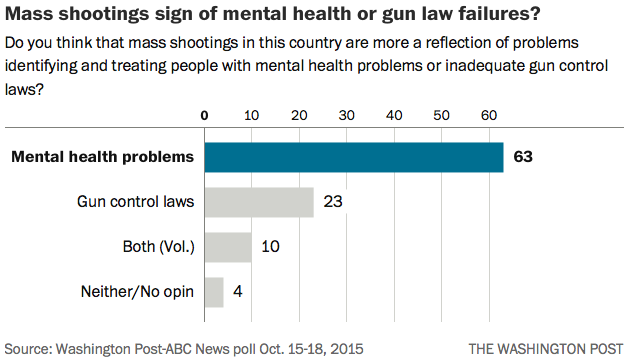
What’s most troubling about these results and the question that prompted them is that they perpetuate a dangerous stigmatization. The vast majority of mentally ill people are not violent. I wrote about this in my recent Mother Jones cover story on threat assessment, a growing strategy for stopping mass shooters that relies on collaboration between mental health and law enforcement experts:
We know that many mass shooters are young white men with acute mental health issues. The problem is, such broad traits do little to help threat assessment teams identify who will actually attack. Legions of young men love violent movies or first-person shooter games, get angry about school, jobs, or relationships, and suffer from mental health afflictions. The number who seek to commit mass murder is tiny. Decades of research have shown that the link between mental disorders and violent behavior is small and not useful for predicting violent acts. (People with severe mental disorders are in fact far more likely to be victims of violence than perpetrators.)
Then there is the role of guns. As a top forensic psychologist described it to me at a recent summit of more than 700 threat assessment professionals in Southern California, “One of the first things you focus on with this process is access to weapons.” Guns obviously are no more a sole cause of mass shootings than schizophrenia or suicidal depression are. But their role in such crimes is self-evident:
Possession of a firearm, of course, is not a meaningful predictor of targeted violence. But at the conference in Disneyland, virtually everyone I spoke with agreed that guns make these crimes a lot easier to commit—and a lot more lethal. “There are so many firearms out there, you just assume everybody has one,” Scalora says. “It’s safer to assume that than the opposite.” The presence of more than 300 million guns in the United States—and the lack of political will to regulate their sale or use more effectively—is a stark reality with which threat assessment experts must contend, and why many believe their approach may be the best hope for combating what has become a painfully normal American problem.
The Washington Post-ABC News poll furthered a misleading stereotype about a broad population of Americans by presenting a false choice between mental health and gun policy. The chart above shows that only 10 percent of respondents recognized that solving mass shootings is more complicated than checking one box or the other. Any solution deeply involves both, and a whole lot more.

